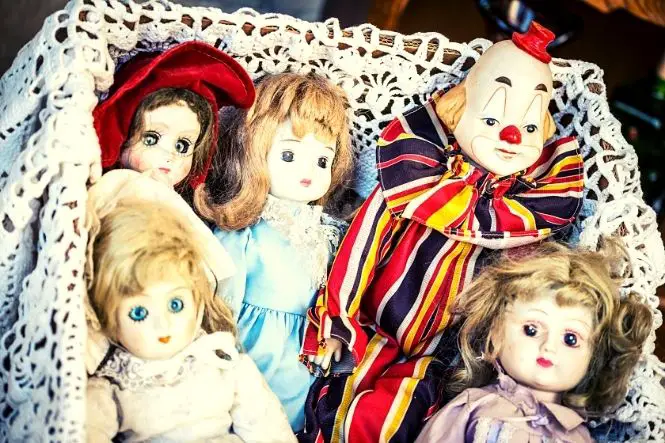The way that our children behave has a profound effect on us and on other people around us. Whether that behaviour is positive and perfectly acceptable or challenging and difficult to deal with, as parents, we still have to find a way to manage our child’s behaviour and stay calm and in control while also finding a simple and effective way to explain our child’s behaviour to others. This is not always easy as although the way our children behave may seem to be perfectly normal and acceptable to us, it may impact negatively on others and require some level of explanation.
Table of Contents
Finding a Way
Your child’s behaviour will always be your priority and your main focus while you try and find a way to manage it, and finding a way to explain your child’s behaviour to others may not necessarily be high on your agenda.
Nathan’s Story
Nathan had always been difficult for his parents to manage, and from the age of three had had regular tantrums and mood swings that had started to impact on the rest of the family, and their friends.
Difficult times
Eager to try and find a solution for this problem, Nathan’s parents spoke to the staff at the nursery that their son attended, and also took advice from their health visitor. Although all parties agreed that Nathan did not have special needs of any sort they did agree that his behaviour had changed and they recognised that this was impacting heavily on family life.
Acceptance
Accepting that your child’s behaviour is different or challenging is all part of the process of trying to find a way to manage it. It is also the start of trying to explain to other people why your child behaves the way they do.
Explanation
Trying to explain your child’s behaviour to others can be as hard or harder than managing that behaviour and can lead to all kinds of questions, recriminations and other comments that can impact negatively on you, your child and your family life – as well as on your friendships. The dynamics of such relationships can change and it can be difficult to restore balance.
Moving forward
In order to move forward, Nathan’s parents decided that the only way to tackle his behaviour was to be very honest and open with friends, family and other people who Nathan came into contact with, and that way they would be able to understand how and why the outbursts occurred.
Reaction
They found that while their close friends and family reacted positively and with a great understanding and empathy of the situation, when they tried to explain their son’s behaviour to new acquaintances or even people they encountered while shopping or out together as a family, the response was often negative.
Gemma, Nathan’s mum said: “To be honest, we knew that Nathan would eventually grow out of this behaviour pattern and things would change as he grew older and became more mature. We always felt that we needed to explain his behaviour to everyone we came into contact with, but eventually realised that actually the people who really mattered were our close friends and family and if strangers and the general public had a problem with a child having tantrums there was very little that we could actually do about it anyway!”
“We stopped constantly apologising and feeling embarrassed about Nathan and concentrated on managing his behaviour as positively as we could.”



